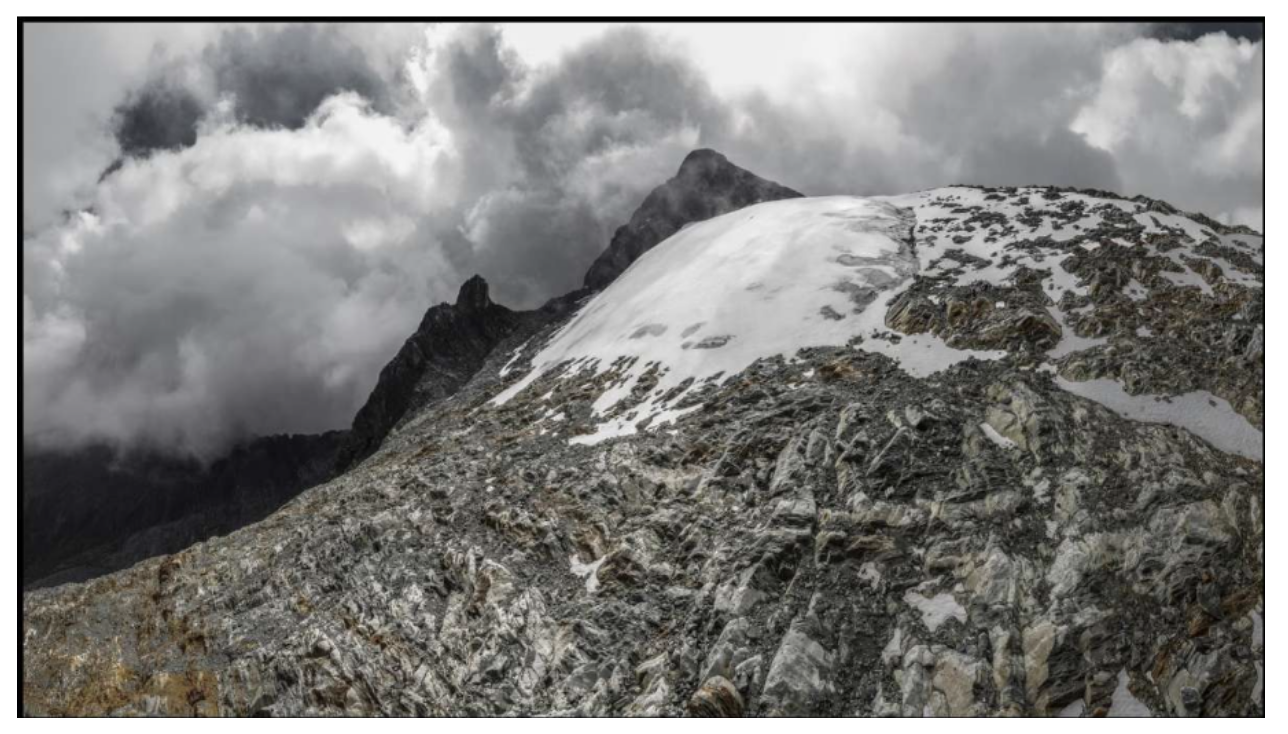News Excerpt:
Venezuela may be the first nation in modern history to lose all its glaciers after climate scientists downgraded its last one to an ice field.

More about News:
- The International Cryosphere Climate Initiative (ICCI), a scientific advocacy organization, said the La Corona glacier was now too small to be considered as a glacier, which may spark wider concerns over the effects of climate change.
- In 1910, Venezuela served as home to six glaciers covering an impressive 1,000 square kilometers.
- By 2011, five of Venezuela's glaciers had vanished, leaving only the Humboldt glacier, also known as La Corona, struggling for survival in the Sierra Nevada National Park.
- But now this frozen landmark has diminished so drastically that it's been redefined as an ice field.
- During its peak, La Corona sprawled over 4.5 square kilometers (1.7 square miles), but now it extends to over less than 0.02 square kilometers (2 hectares).
- It is far below the minimum size requirement for glacier classification, which stands at 0.1 square kilometers (10 hectares).
- Research conducted over the past five years has revealed a staggering 98 percent decline in glacial coverage in Venezuela from 1953 to 2019.
Factors leading to Glacial loss:
- With global average temperatures rising due to climate change, Ice loss is increasing.
- The rate of ice loss escalated rapidly after 1998, reaching a peak of around 17 percent per year from 2016 onwards.
Impact of Glacial loss:
- Glacial loss contributes to rising sea levels around the world.
- Glaciers play a crucial role in supplying communities with fresh water, particularly during hot, dry periods. The loss of glaciers can lead to water scarcity and reliance solely on rainfall.
Efforts by the Venezuelan Government:
- The Venezuelan government announced a project to cover the remaining ice with a thermal blanket it hoped would stem or reverse the thawing process.
- But the move drew criticism from local climate scientists, who warned that the covering could contaminate the surrounding habitat with plastic particles.
Conclusion:
- The loss of Venezuela's glaciers stresses the urgent need for global action against climate change. As temperatures continue to rise, glaciers worldwide face a similar fate, with devastating implications for ecosystems and communities reliant on their freshwater reserves.
|
International Cryosphere Climate Initiative (ICCI):
|


